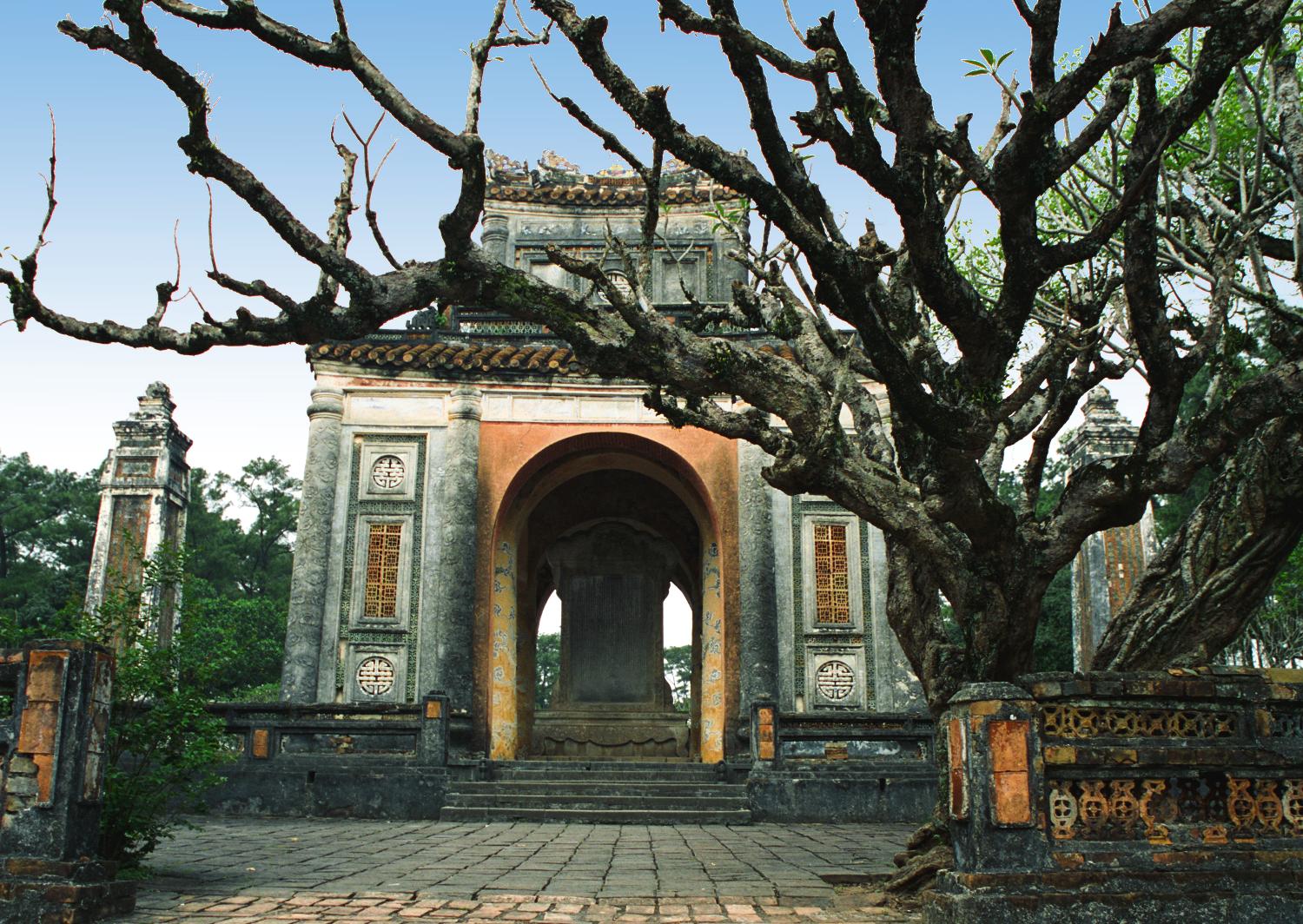
Vietnam and Malaysia: What War Leaves Behind
Catfish and Mandala, by Andrew X. Phan, 1999. 342 pgs.
★★★★★ Five stars for a tale that every American who remembers the Vietnam War and its aftermath will appreciate.
★★★★ Four stars for page-turning narrative, occasionally too raw and real for some.
I’ve read many titles in the growing canon of Vietnam War books, and hoped to visit Vietnam someday for many reasons, not the least of which had to do with my profession. Early in my career as an English teacher, I welcomed a handful of Vietnamese and Cambodian refugee students into my classroom.
I was drawn to their stories and struggles, and couldn’t imagine what they must have endured to get here: Uprooted from the only home they’ve ever known, escaping in a boat at sea, enduring life in refugee camp, and then assigned to Mrs. J’s classroom. Not that my classroom was a bad place to be or anything: It just wasn’t Vietnam. More like Grease, the musical, with lots of preppy American kids and a teacher who just wanted them to love Shakespeare. So, the other side of the moon.

It took me awhile to find the right book to read before our Vietnam visit, and this was definitely it. Phan’s bicycle travel odyssey partly answers my question about what it might have been like for my students, and it potentially fills in the ‘rest of the story’ part as well. I always wondered how those students fared as Vietnamese Americans; if they ever returned to Vietnam, and what they discovered there.
Phan’s story was similar to the one my students told: He fled Vietnam in a boat with his family as a child, spent time in refugee camps, and finally settled in California. He grew up to be an engineer, successful by America’s standards (and his family’s), but deeply conflicted over his Vietnamese origins, and what might have happened if he stayed back. So Phan quit his job, setting out on a multi-country bicycle journey to find answers.
Even though he spoke fluent Vietnamese and remembered the country well, he was treated as an outsider from the moment he arrived in Ho Chi Minh City, enduring the slur “Viet-Kieu” (foreign Vietnamese) constantly. Phan pedaled around the country, revisiting his childhood haunts (by the way: the bicycle part is also quite fascinating). The contrast between prosperous California and the Vietnam he finds on his journeys couldn’t be more stark. Things may have changed quite a bit since Phan’s journey almost 20 years ago. Word has it Vietnam is in the throes of a cultural and economic boom right now, and we look forward to seeing that for ourselves.
Phan also goes back and forth from the bicycle journey, to the story of Vietnam’s fall and his family’s escape. I watched the fall of Saigon (now Ho Chi Minh City) on television, and never forgot the heartbreak of it; hearing the same story told from the perspective of those South Vietnamese citizens who didn’t get out that day was sobering.
The Gift of Rain, by Tan Twan Eng, 2007. 432 pgs.
★★★★★ Five stars for its compelling story of what happens when one man’s idealistic commitments to universal harmony, balance and duty run head-on into the cruel brutalities of war.
★★★★★ Five stars for gorgeous descriptions of just about everything.
The Gift of Rain won the 2007 Man Booker Prize, and I can see why.
Phillip Hutton, born to a British officer and a Chinese mother in colonial Malaya, just doesn’t fit, even though he is a member of one of Malaya’s richest, most powerful families. A Japanese aikido master becomes Phillip’s mentor when he is a young boy; his complete devotion to his sensai, and the wrenching conflicts he endures because of that devotion, kept me reading far into the night.

Spoiler alert: Turns out the master started grooming the young boy early for his own spying purposes, so when the Japanese finally occupy the island and start committing war atrocities, brutally subjugating Penang’s population, Hutton must decide between his loyalty to his beloved master, or to save his family and honor his deeply held beliefs – or try, to no avail – or to do nothing at all. Many, many complex dilemmas here, and Eng certainly had me thinking.
The parts of this story that detail Japanese war atrocities make for brutal reading, but I valued the historical context it gives to our upcoming visits to Malaysia, as well as Japan. I also note Eng’s exploration of the bittersweet possibility of growth and redemption at the end of life; it’s never really too late for that.


